Understanding Your Rights Under Colorado’s New Pay Transparency Laws
With the rise of pay transparency laws across the U.S., Colorado has emerged as a leader in promoting fair pay practices by requiring employers to be upfront about salary ranges in job postings. These laws have important implications for both employers and employees, particularly when it comes to transparency, equal pay, and compliance. Whether you’re a job seeker, current employee, or business owner in Colorado, it’s essential to understand how these regulations impact you and how Mitchiner Law Firm can help you navigate them.

Overview of Colorado’s Pay Transparency Requirements
Colorado’s Equal Pay for Equal Work Act, which took effect in January 2021, requires employers to disclose the pay range and benefits for all job openings, promotions, and transfers. The goal of these laws is to promote transparency, reduce wage disparities, and create a more equitable work environment. This legislation mandates that employers:
- Include pay ranges (minimum and maximum salaries or hourly wages) in all job postings.
- Provide a description of available benefits, such as health insurance, retirement plans, and paid time off.
- Notify current employees of promotional opportunities within the company.
These requirements apply to all businesses with employees in Colorado, even if the job can be performed remotely. Employers who fail to comply with these laws may face legal consequences, including penalties and lawsuits. If you’re an employer looking for assistance with compliance, Mitchiner Law Firm’s Employment Law Services provide comprehensive guidance on navigating Colorado’s pay transparency requirements.
Why Were These Laws Enacted?
The pay transparency laws were enacted to address long-standing wage disparities, particularly between men and women. Historically, women and minorities have been underpaid compared to their white male counterparts in similar roles. By requiring employers to disclose pay ranges, Colorado aims to level the playing field and empower employees to negotiate fair wages based on clear, publicly available information.
How Pay Transparency Impacts Job Seekers and Employees
For job seekers, Colorado’s pay transparency laws are a major advantage. Knowing the pay range upfront eliminates the guessing game that often accompanies the job search process and allows candidates to make informed decisions before applying. It also gives them leverage in salary negotiations, as the posted range sets clear expectations for compensation.
Current employees also benefit from these laws. If an employee is interested in a promotion or transfer, they have the right to be informed of available opportunities and the associated pay ranges. This transparency helps ensure that promotions and pay increases are distributed fairly and reduces the likelihood of wage discrimination. If you’re experiencing wage disparities, contact Mitchiner Law Firm to understand your rights and options.
Common Employer Challenges in Compliance
While the pay transparency laws are designed to promote fairness, they can present challenges for employers, particularly those unfamiliar with the specifics of compliance. Some common challenges employers face include:
- Setting accurate pay ranges: Employers must establish realistic salary ranges that account for the minimum and maximum pay for each role. Failing to set appropriate ranges can lead to internal disputes and potential legal issues.
- Updating job postings: Employers must ensure that all job postings—whether for new hires or internal promotions—include the required salary and benefits information. Missing or incomplete information could result in penalties.
- Navigating remote positions: Employers with remote workers who perform their jobs in Colorado must still comply with the state’s pay transparency laws, even if the company is headquartered elsewhere.
Non-compliance can expose businesses to significant legal risks, including fines and lawsuits. Employers may also face reputational damage, which could affect their ability to attract top talent. Mitchiner Law Firm’s Litigation Services can assist businesses in addressing these challenges and ensuring they meet legal requirements.
Steps Employees Can Take if Their Rights Are Violated
If you believe your employer is violating Colorado’s pay transparency laws, you have options for addressing the situation. Employees can take the following steps:
- Document the violation: Keep records of job postings or promotional opportunities that do not comply with the law.
- Speak with your employer: In some cases, the issue may be due to a misunderstanding or oversight. Bring the violation to your employer’s attention and give them a chance to correct it.
- File a complaint: If your employer refuses to comply, you can file a complaint with the Colorado Department of Labor and Employment (CDLE).
- Consult with an employment attorney: If you experience wage discrimination or retaliation for exercising your rights, it may be time to consult with a legal professional.
Mitchiner Law Firm specializes in employment law and can help you understand your rights under Colorado’s pay transparency laws. Whether you need guidance on filing a complaint or pursuing legal action, our experienced attorneys are here to help.
How Mitchiner Law Firm Can Help
Navigating the complexities of Colorado’s pay transparency laws can be challenging for both employers and employees. Mitchiner Law Firm is well-versed in employment regulations and offers expert guidance to help clients stay compliant and protect their rights. Whether you’re an employer looking to avoid legal pitfalls or an employee who believes their rights have been violated, our firm provides tailored legal support.
For employers, we offer comprehensive compliance services, helping businesses implement pay transparency practices that align with the law. From reviewing job postings to developing fair compensation structures, Mitchiner Law Firm can help you avoid costly legal issues.
For employees, we provide legal representation if your employer is not meeting pay transparency requirements or if you are facing wage discrimination. Our team can assist with filing complaints, negotiating settlements, and representing you in court if necessary.
Conclusion
Colorado’s new pay transparency laws are designed to create a fairer and more equitable workplace for everyone. Whether you’re a job seeker, current employee, or business owner, understanding your rights and obligations under these regulations is essential. Mitchiner Law Firm is here to provide the legal expertise you need to navigate these laws confidently and effectively.











